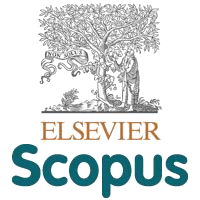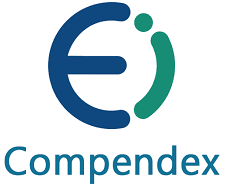Analysis of Promoting Educational Modernization from the Perspective of Public Policies
Abstract
Higher education reform is the core area in cultural reform, a critical step in political and social reforms. Over the past 40 years of reform and opening-up, higher education reform presents the following features: The reform of the higher education management system acts as the lead, the implementation of the teachers’ appointment and assessment system as the main thread, and the reform of plan for high-level talents and income distribution system as important means. The higher education reform has gone through three stages including initial reform within society, overall reform as a national strategy and global talents-oriented reform. The basic logic of the reform is that ideological theories takes the lead, strategic guidelines setting a tone, policies and measures forming the basis, on which various institutions function properly and benefit from it. In view of effectiveness, the reform generally is coordinated and operated in an orderly way, but there are some weaknesses at the decision-making level. Consensus on reform is lacking, the top-level design is not strict, standards and differences are not clear, and division of each stage is not explicit and impacts are not far-reaching. Meanwhile, at the implementation level, policy supports and detailed designs are needed in terms of favorable academic environment, talents assessment, coverage of funding support, and mechanisms that integrate the efforts of enterprises, universities and research institutes, etc. The center of higher education reform in the new era is to optimize the internal governance structure in colleges and universities and stimulate the vitality of all talents, especially “ten relationships” that ought to be properly handled. For these, a top-level design must be formulated upon national conditions, adapting to the trend, drawing on the collective wisdom of personnel from the higher education sector and beyond, making steady progress in a stable and balanced manner.




